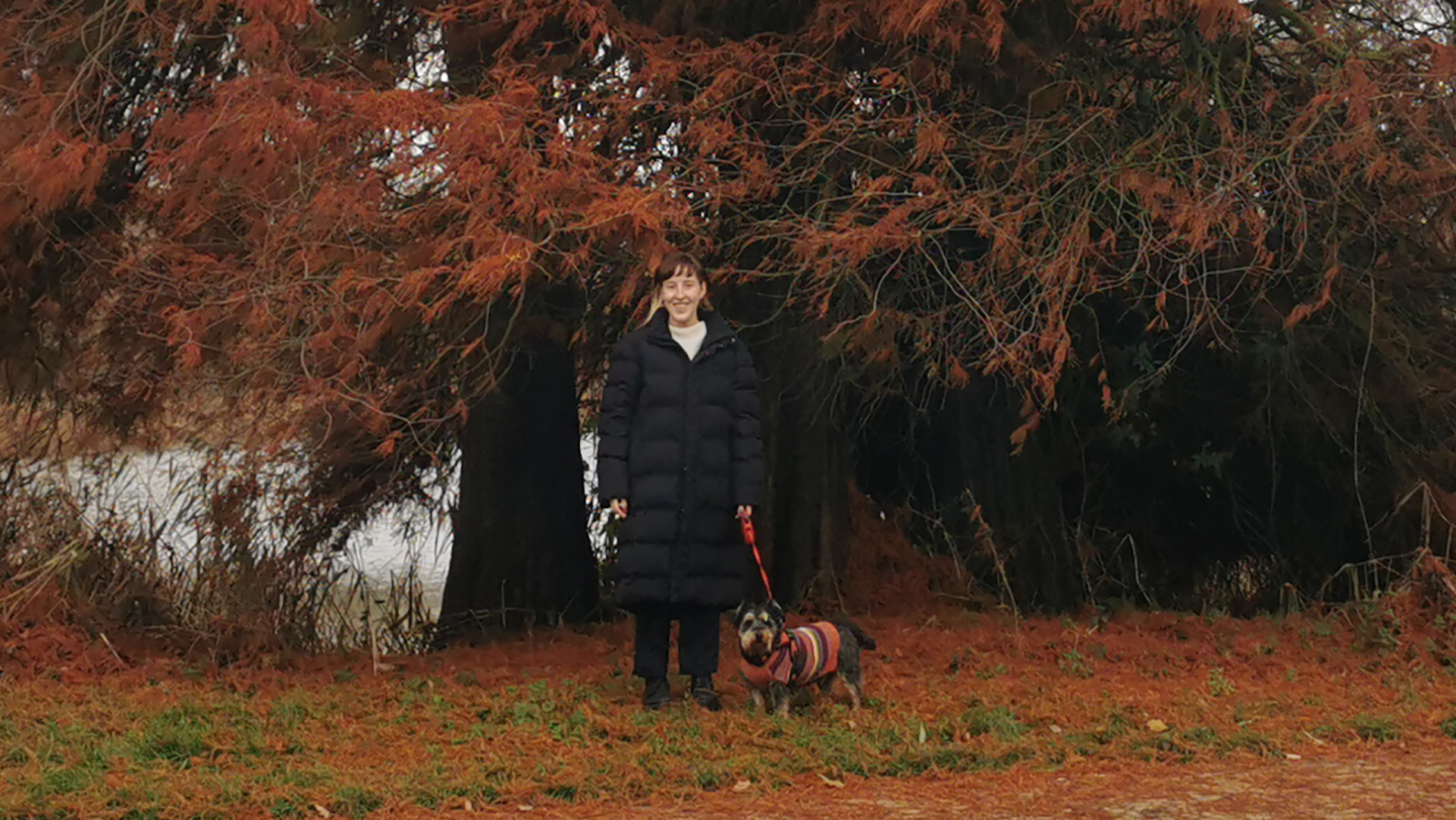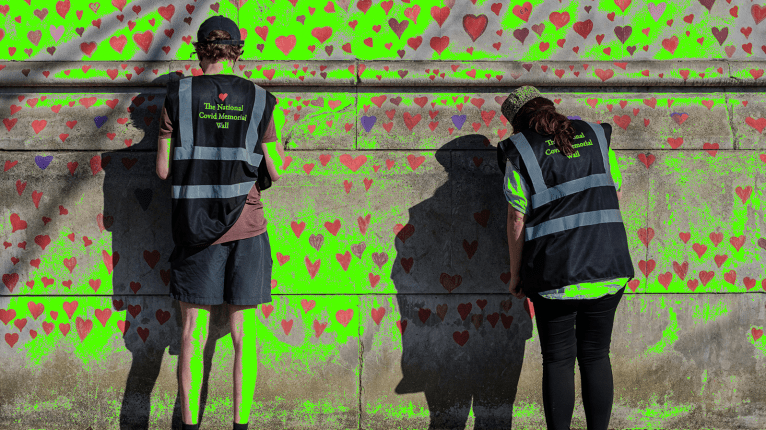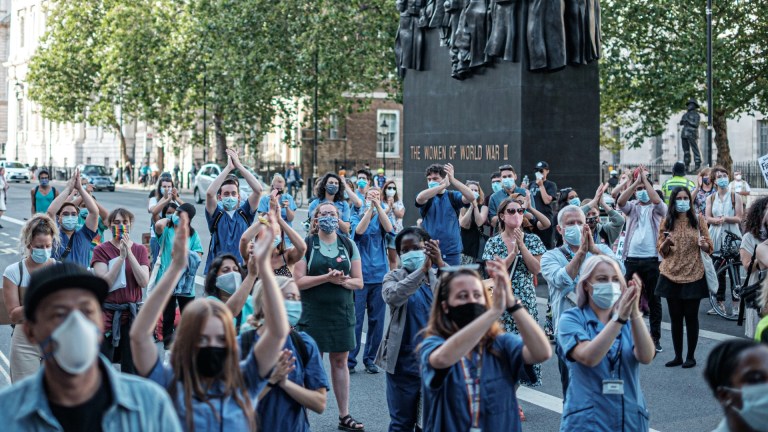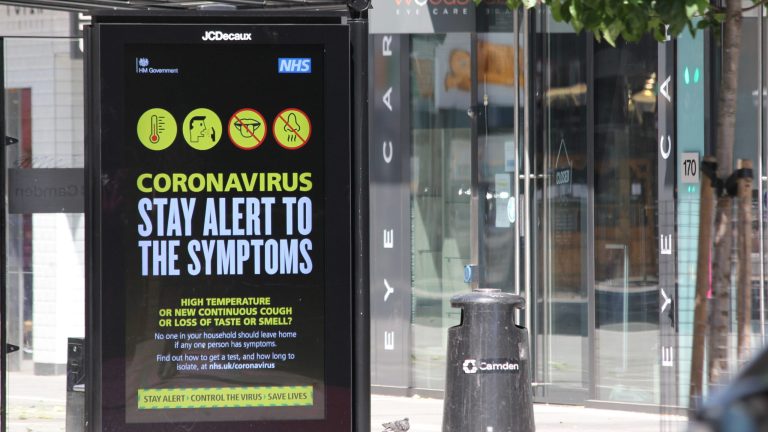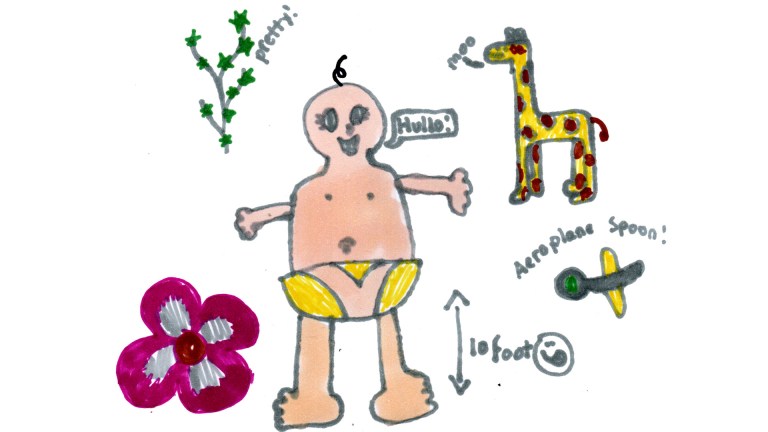“The key is reframing the consistency,” he says. “Rather than viewing something like a regular walk as yet another imposition stealing precious free time, what if you focused on what sensations, insights, and rewards emerge in the process? Appreciating the small payoffs along the way eases the adaptation.”
I’m not alone with my annoyance. Every year, social media is flushed with people complaining about their new life’s benefits, often tweeting something along the lines of ‘I’m sorry to say they were right, doing [insert cliché activity here] regularly does make you feel better’.
The reason for this irritation is obvious when you look at the demographic of those complaining. It’s Gen Z and Millennials, the generations who were promised happiness would come easy if we just purchased the right stuff: self-help books, overpriced vitamins, entertainment subscriptions, new clothes. We were taught to feel good at the click of a button and, as Glazer pointed out, our brains are now used to that instant spark of joy. So how can we not all feel a bit peeved upon finding out you can’t actually buy happiness from someone/somewhere/something? You have to take small steps, every day, to actively try and be happy. Ugh.
According to Glazer, these small, non-commercial resolutions work so well because of the personal intention and repetition behind them. Regular and small steps, he said, in the end will carry you further than large but disjointed jumps. “Small, doable steps that fit seamlessly into existing routines transform our worlds exponentially when done with intention. There really is power in how tiny tweaks cultivate big change.”
So what resolutions does he recommend? The biggest and most effective change is to take up gratitude journaling. It sounds impossibly cliché, but can help to rewire your brain to focus less on perceived negatives.
“Keep paper and pens by your bedside, and after turning off your alarm, jot down three things you feel genuinely grateful for,” he advises. “They can be relatively mundane: a good night’s sleep, your cat snuggling at your feet, the cosiness of blankets. This grounds us in abundance and research shows consistently cultivating gratitude rewires the brain over time to focus less on perceived lacks.”
If that doesn’t float your boat, Glazer recommends trying to tidy up your space. “Another easily integrated practice is tidying for just 10 minutes per day. Set a timer and put things back in their homes, file stacks of paper, fold laundry. It keeps chaos at bay without marathon cleaning sessions so you can enjoy free time. And coming home to orderly surroundings eases mental fatigue.”
I felt unbearably silly trying out his recommendations and I almost embarrassed to report they work. It just seems too simple that I had more ‘pep in my step’ after spending a couple minutes making my bed and scribbling in my notebook that ‘I had a good dream’, but I did.
Here’s how my days look now. I wake up at the same(ish) time every day to tell my notebook it’s not raining, that I’m thankful to be warm and healthy. I refresh my space, haphazardly struggle through 20-or-so minutes of sun-salutations and pigeon poses, and then trudge around the block, or visit the park if I’m in the mood, to smile at every single dog I see on the way.
And I feel better for it. After all, for something to become an overused cliché, doesn’t it have to have some substance keeping it alive?
This article is taken from The Big Issue magazine, which exists to give homeless, long-term unemployed and marginalised people the opportunity to earn an income. To support our work buy a copy!
If you cannot reach your local vendor, you can still click HERE to subscribe to The Big Issue or give a gift subscription. You can also purchase one-off issues from The Big Issue Shop or The Big Issue app, available now from the App Store or Google Play
Charlie Elizabeth Culverhouse is a member of The Big Issue’s Breakthrough programme.
